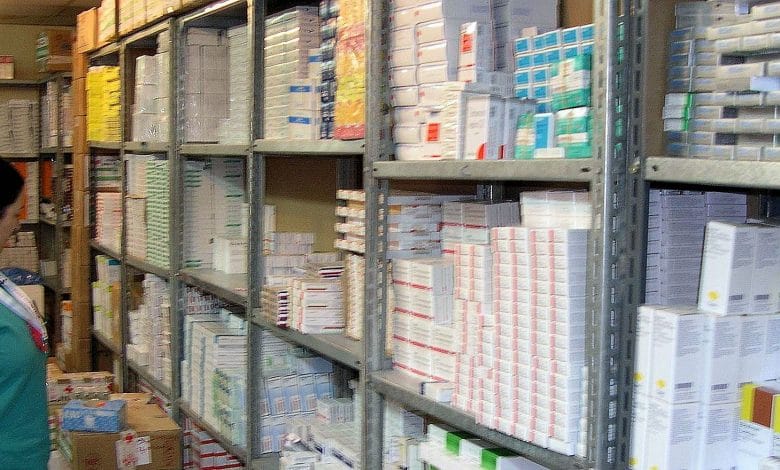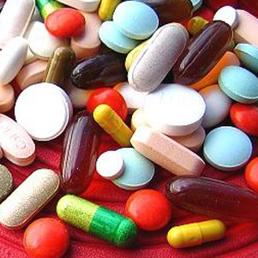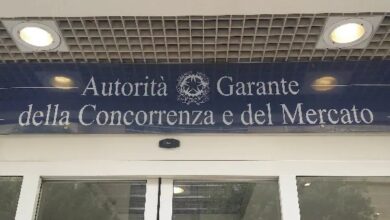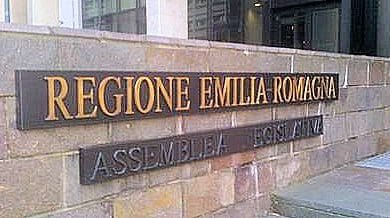
More than 25% of tenders for the purchase of medicines to be allocated to hospitals is now deserted, due to auction bases that start from offers that are too low for many pharmaceutical companies. And if manufacturers are finding it increasingly difficult to sustain the pressure on prices, it is also due to a market - the hospital market - which does not promise attractive volumes: 39.8% of drugs dispensed in wards, between ranges A and H, belong to the branded category, i.e. it is under patent; the equivalents are 36.4% and pure generics are 23.8%. And thus, the difficulty of finding a balance  The demand has repercussions on the growing flight of companies from tenders and on the bankruptcy of the latter: in 2015 the 27% of the lots was not assigned, in 2014 they were the 20%, as Enrique Hausermann, president of Assogenerici, explained yesterday in the Tuscan stage of " Open factories”, the tour launched by the association to showcase companies in the sector. «More information and knowledge can mean greater trust and can sweep away the urban legends that still exist on the quality and efficacy of generic drugs said Hausermann from the Florentine Baxter plants «we are opening the doors of our companies wide just to demonstrate it».
The demand has repercussions on the growing flight of companies from tenders and on the bankruptcy of the latter: in 2015 the 27% of the lots was not assigned, in 2014 they were the 20%, as Enrique Hausermann, president of Assogenerici, explained yesterday in the Tuscan stage of " Open factories”, the tour launched by the association to showcase companies in the sector. «More information and knowledge can mean greater trust and can sweep away the urban legends that still exist on the quality and efficacy of generic drugs said Hausermann from the Florentine Baxter plants «we are opening the doors of our companies wide just to demonstrate it».
The sector's requests originate directly from photography of the present: automatic reopening of tenders in the event of pending patent expiries ("pure" renegotiation clause); introduction of binding minimum order quantities in the specifications, as an antidote to the risk of stock shortages; elimination of hospital payback at least for companies competing in the off-patent segment; streamlining of tender procedures; introduction of qualitative elements for economically advantageous tenders; fair pricing on an auction basis. "Regulatory costs, uncertainties and confusion on the payback system and pressure on prices are putting corporate sustainability at risk" concluded Hausermann "the urgent reconvening of the table on drug governance (the one at the Mise, ed) is essential and the re-evaluation of all policy decisions that impact on the industrial and productive fabric, because under current conditions it will become impossible for companies to continue to guarantee the excellence of the service offered to the NHS".
Related news: Equivalent medicines, Assogenerici: public purchases, industrial risk





